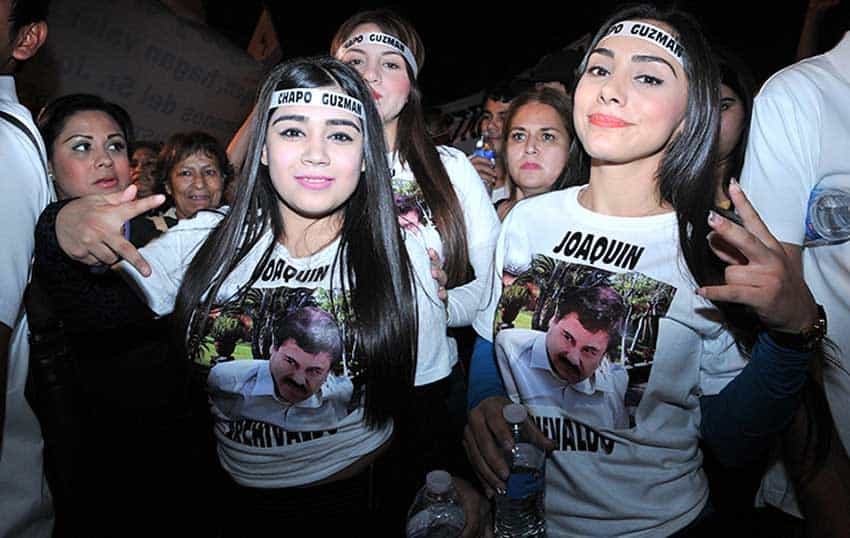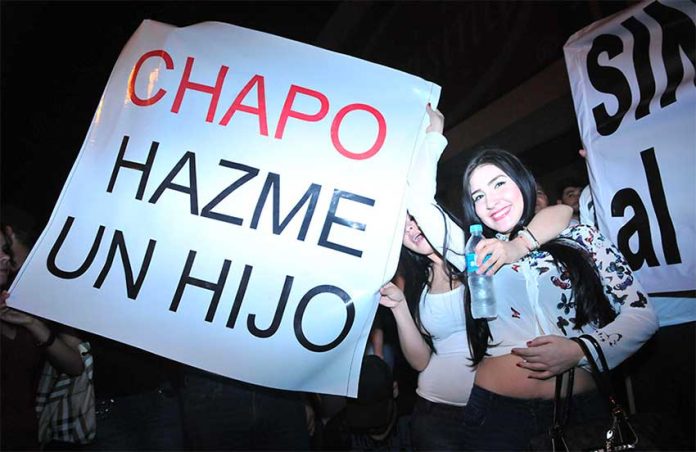News of Joaquín “El Chapo” Guzmán’s conviction yesterday on drug trafficking charges traveled quickly to his home state of Sinaloa, where some residents lamented the downfall of the man who has been likened to Robin Hood.
The former leader of the notorious Sinaloa Cartel was found guilty in a New York federal court of smuggling tonnes of drugs into the United States during a decades-long career that was based on intimidation of rivals and bloody turf wars.
Even though 56 witnesses and hundreds of pieces of evidence were presented by the prosecution to demonstrate that the former drug lord was guilty of smuggling drugs, bribing officials, laundering money and murdering rivals, many Sinaloa locals continued to describe Guzmán as a modern-day Robin Hood.
“As a Sinaloa native, the truth is this hurts,” a gray-haired man told the news agency Reuters in the state capital, Culiacán.
The man, who declined to give his name but said he was a native of Guzmán’s home town of Badiraguato, added: “We know that near Badiraguato, he’s helped a lot of people, building roads, schools, churches. People here will suffer now due to lack of support.”

Other sinaloenses, such as Gildardo Velázquez, said that little will change in the state despite Guzmán’s conviction and the probability that he will spend the rest of his life in prison.
“Trafficking drugs will continue,” he said. “Nobody can stop it. Even now that they’ll give him the life sentence they think he deserves, it’s not going to change anything here.”
Yet more local residents expressed fear that Guzmán’s conviction would trigger more violence across the country as cartel members fight for control of territory he once dominated, although authorities in Sinaloa said that homicide numbers in the state had fallen by 30% during his three-month trial.
“I think it might be counterproductive,” said a young man identified only as Carlos. “There’s more people that want everything that El Chapo controlled.”
Although news of the 61-year-old’s conviction spread quickly, the security team for Guzmán’s mother, María Consuelo Loera Pérez, didn’t immediately notify her about her son’s fate, media group Univision reported.
However, Alejandrina Guzmán, eldest daughter of El Chapo, said in San Diego that her stomach was in knots and her legs shook when she heard the jury’s verdict. She later went to a church to pray for her father.
Beyond Sinaloa, the reaction to Guzmán’s conviction was more muted, and his trial didn’t attract great interest.
“The reaction, of rather lack of it, is just a clear reflection of who we are as a country,” Jacobo Dayán, a human rights specialist and professor at Mexico City’s Iberoamerican University, told The New York Times.
“Where we have more capacity for outrage is when it comes to corruption, but not so much left for violence.”
Source: Reuters (sp), Infobae (sp)
